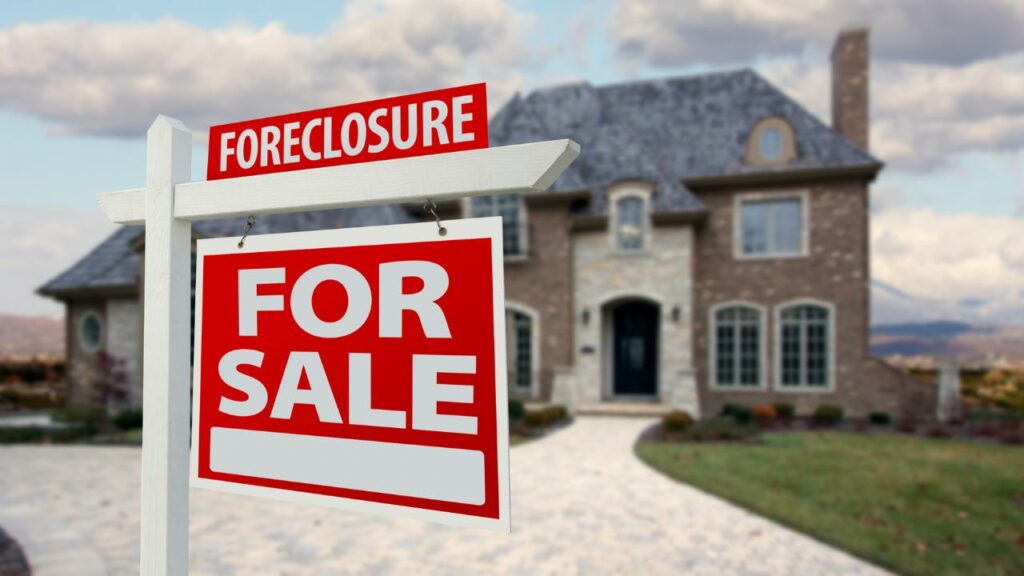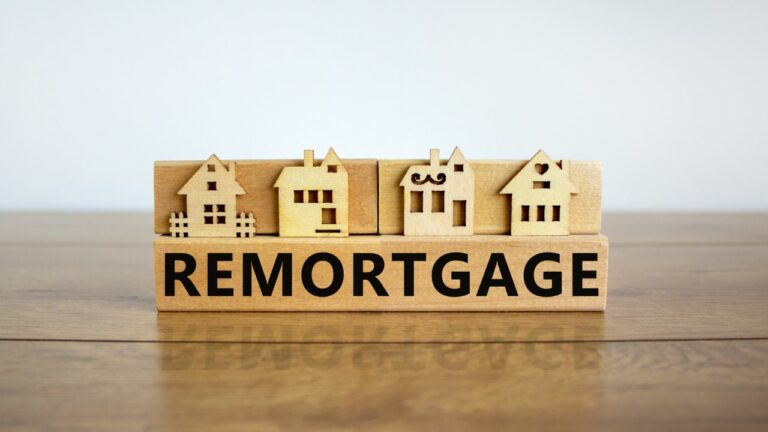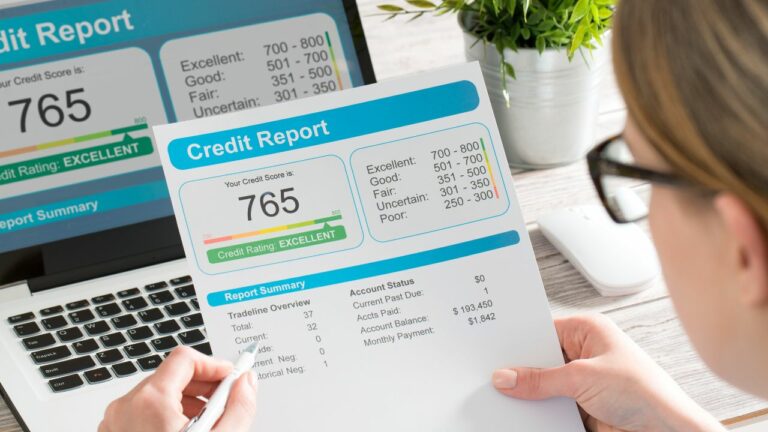What Happens If You Miss One Mortgage Payment?
Purchasing a home is one of life’s significant milestones, and for many, it involves securing a mortgage – a financial commitment that spans many years. While the prospect of homeownership is exciting, it comes with a crucial responsibility: making regular mortgage payments.
But if, for reasons beyond your control, you’re unable to make your mortgage payments? What happens if you miss one mortgage payment?
If you miss one mortgage payment, your lender may impose a late fee, and the missed payment can be reported to credit bureaus, potentially negatively impacting your credit score.
In this article, we’ll explore what happens if you miss one mortgage payment. We’ll also discuss steps that can help reduce the impact of a missed payment and where to go for help.
What Happens if You Miss One Mortgage Payment?
The moment you miss a mortgage payment, a series of events is set in motion. Generally, there’s a grace period (usually 15 days) that allows you to make your payment without additional fees or charges.
If, after the grace period, you still haven’t made a payment, then your loan servicer is likely to contact you. They’ll typically give you a certain amount of time to make up the missed payment.
If this isn’t possible, your loan servicer might offer an alternative solution such as adjusting your repayment plan or offering a refinance option.
If none of these solutions can be found, you’ll likely face an immediate consequence – a late payment fee. This fee can vary depending on your lender and your specific mortgage agreement.
However, that’s not the only repercussion. Even during the initial days after the missed payment, your credit score can take a hit. Your payment history significantly influences your credit score, and even a single missed payment can lead to a noticeable drop.
The severity of the impact largely depends on your starting credit score. For those with excellent credit, the impact might be more substantial, taking several years to fully recover.
Failure to pay this late fee, even if you are up to date on all other payments, will result in your mortgage being deemed delinquent, regardless of your payment status.
If you miss your mortgage payment for three months, you’ll be in default and your lender can begin the foreclosure process.
This means that they can take legal action to repossess your home. The length of time it takes for this process to unfold will depend on state law and the type of mortgage you have.
What Should You Do if You Can’t Make Your Mortgage Payments?

If you find yourself unable to make your mortgage payments, it’s important to contact your lender as soon as possible. Explain the circumstances that led to the missed payment and inquire about possible solutions.
Many lenders are willing to work with homeowners facing financial difficulties and may offer options like loan modification or forbearance.
You may be able to make temporary payment arrangements, which allow you to pay a reduced sum for a limited time. You can also switch to an interest-only mortgage, although you should bear in mind that this will increase the total cost of the loan.
Your lender may also allow you to extend your repayment term or switch to a more affordable fixed-rate plan.
It’s also important to ensure that you stay on top of your mortgage payments, as the longer they remain unpaid, the more costs and losses can accumulate.
Where Can I Get Help for Missed Mortgage Payments?
If you’re struggling to make your mortgage payments, there are several organizations that may be able to provide advice and support.
These include Citizens Advice, the Money Advice Service, and the National Debtline. It’s also worth speaking to a financial adviser who can help you create a plan to manage your finances more effectively.
Depending on your location, you may have access to local assistance programs provided by community organizations or housing authorities. These programs can provide invaluable support during challenging times.
Many governments offer mortgage assistance programs designed to aid homeowners facing financial hardships. These programs may include options for loan modification, refinancing, or financial counseling.
How Many Missed Mortgage Payments Are Allowed Before Repossession?

The number of missed mortgage payments allowed before repossession varies from lender to lender. Typically, lenders will take action after three to four missed payments in a row.
However, some lenders may be willing to work with you if you speak to them about your situation and come up with an arrangement that satisfies both parties.
To determine the specifics of your situation, it’s essential to review your mortgage agreement carefully.
The terms of your mortgage, including any grace periods, late fees, and default provisions, can provide valuable insights into how many missed payments it takes before repossession becomes a real concern.
Will Missed Mortgage Payments Impact Your Credit Report?
Your payment history plays a pivotal role in your credit score calculation, and even a single missed mortgage payment can lead to a noticeable drop in your credit score.
When mortgage payments are missed, the lender will likely report them to one or more credit bureaus. This is typically done after your account is 30 days past due.
These reports can have a significant negative impact on your credit score and may remain visible for up to seven years. If you’re in danger of missing a payment, contact your lender as soon as possible to discuss your situation and work out a repayment plan.
The severity of the credit score impact depends on various factors, including the length of the delinquency, the number of missed payments, and your starting credit score.
For those with excellent credit, the drop may be more substantial and take longer to recover from.
A lowered credit score can have far-reaching consequences. It can affect your ability to secure new credit, such as loans or credit cards, and can lead to higher interest rates when you do qualify for credit. It may also impact your ability to rent a home, obtain insurance, or even secure certain jobs.
How to Recover From a Late Mortgage Payment?
Recovering from a late mortgage payment can be a challenging journey, but it’s entirely possible with a strategic approach. Here’s a step-by-step guide to help you get back on track:
- Contact Your Lender: As soon as you realize you’ve missed a mortgage payment, reach out to your lender. Explain the reasons for the delay and inquire about available options, such as loan modification or forbearance.
- Create a Budget: Review your financial situation and create a detailed budget. Identify areas where you can cut expenses and allocate more funds towards your mortgage payment.
- Catch Up on Missed Payments: Work with your lender to develop a plan for catching up on missed payments. This may involve making additional payments or restructuring your mortgage.
- Rebuild Your Credit: To recover from credit score damage, focus on making on-time payments for all your financial obligations. Over time, a counsellor’s consistent payment history can help improve your credit score.
- Seek Professional Help: Consider consulting a housing counsellor or financial advisor who specializes in mortgage issues. They can provide guidance tailored to your specific circumstances.
- Build an Emergency Fund: Establish an emergency fund to prepare for unexpected financial challenges. Having a safety net can help you avoid future missed payments.








